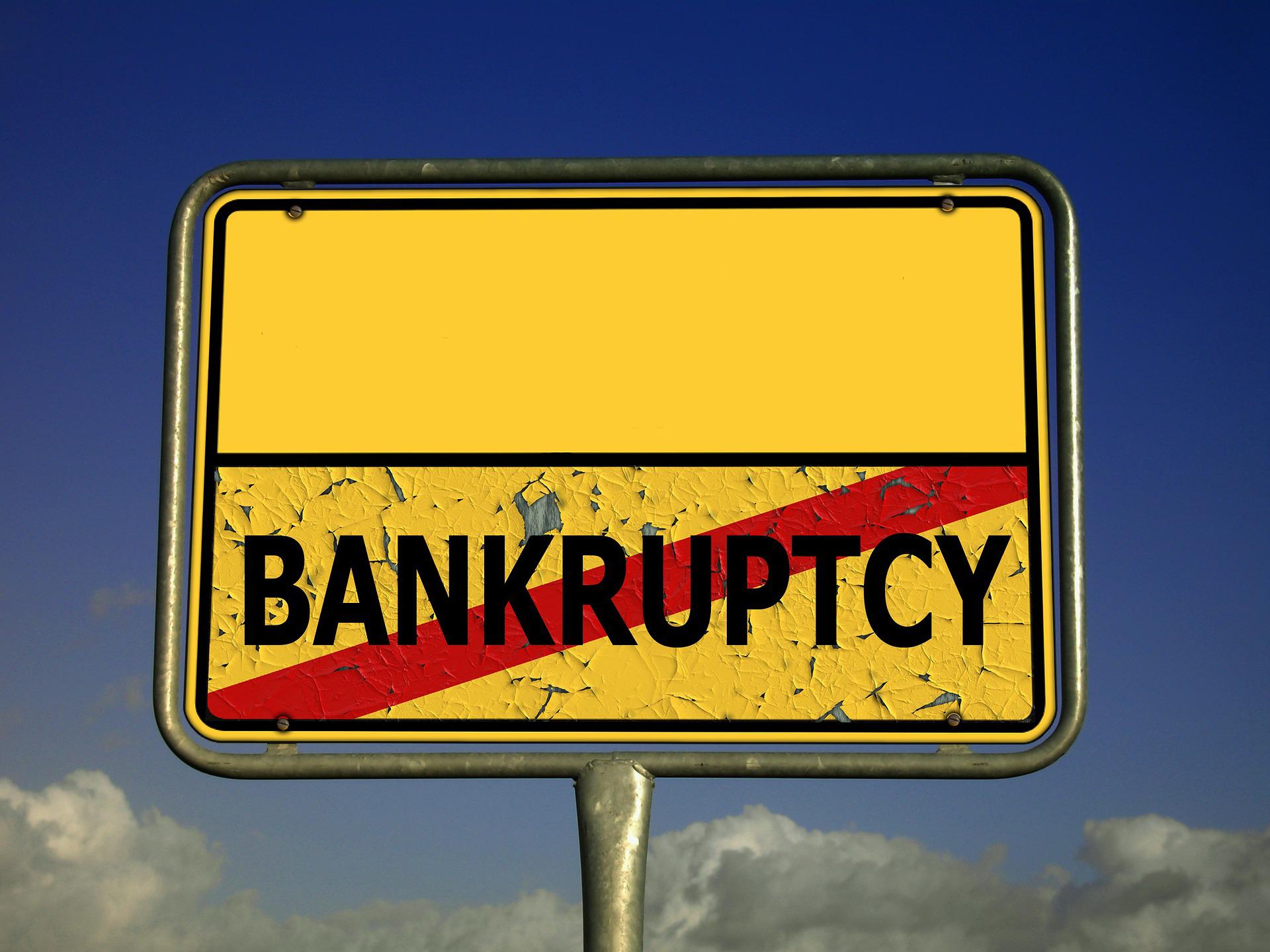Can you file chapter 7 as an Owosso small business owner?
The short answer is yes. As a business owner, you can file for Chapter 7 bankruptcy on behalf of your business or for yourself personally. This is usually the cheapest and quickest way to liquidate a struggling business.
At the law offices of James L. Gutting, Attorney-at-Law, we understand that this subject can be confusing for many people, especially if this is your first time declaring bankruptcy. Here’s what you need to know about filing chapter 7 bankruptcy in Owosso.
Quick overview of Chapter 7 bankruptcy
For small businesses that are bogged down by debts with no practical way out, filing Chapter 7 bankruptcy may be a viable option. By declaring insolvency under this category, the business can resolve its debt problems and effectively liquidate the company.
After filing for bankruptcy in the business entity’s name, the court will appoint a trustee to oversee the disposal of the company’s assets. The proceeds are then used to settle the business’s creditors.
There are numerous reasons many small businesses struggle. In some cases, they were simply operating in a market with little to no demand. For example, imagine a company still trying to sell CD players in an age where everyone has gone digital with smart TVs and handheld devices. Sometimes, the company got edged out of the market by its competitors.

Whatever the reason, when your small business in Owosso is not doing well and the debts keep piling up, our skilled bankruptcy attorneys at James L. Gutting, Attorney-at-Law can provide a solution and help you move forward.
What types of companies can file Chapter 7 bankruptcy?
Corporations, partnerships and sole proprietorships that are set up as limited liability companies can declare bankruptcy under chapter 7.
Filing a Chapter 7 bankruptcy for publicly-owned corporations and partnerships, on the other hand, can be very complex. The owners or partners will naturally have disagreements on whether declaring bankruptcy is the right option. There are also complications arising from asset division, ownership shares, and other related factors.
Regardless of the type of bankruptcy, the filing process is often very complicated. If you’re considering filing a Chapter 7 for your small business, make sure you work with an experienced bankruptcy lawyer to ensure a smooth process and avoid costly errors.
Can you keep your business after filing Chapter 7 bankruptcy?
No. Filing Chapter 7 bankruptcy means your small business will no longer remain in operation.
That being said, it is possible for owners of sole proprietorships that are not set up as a limited liability company (LLC) to file for personal Chapter 7 bankruptcy and then go on to keep running the business.
This could be a great option for paying off creditors and allow you to keep operating since personal Chapter 7 bankruptcy can eliminate both personal and business debts.
However, keep in mind that there are certain limitations to having debt discharged under this approach. These include:
- Failure of the business to maintain adequate financial records
- Failure to obey lawful orders given by the bankruptcy court
- Failure to satisfactorily explain why the business lost its assets
- Failure of the business owner to complete an approved training course on financial management
- Fraudulent attempts to transfer, conceal, or destroy assets
Filing for Chapter 7 personal bankruptcy requires the individual to pass the ‘means test.’ This test looks at the individual’s income level and checks whether it is low enough to qualify for Chapter 7. In cases where the business debt significantly exceeds personal debt, there might be no need to go through the ‘means test.’ Still, it’s important to consult your bankruptcy lawyer before taking any action.
Book your appointment today
James L. Gutting, Attorney-at-Law is the experienced bankruptcy attorney to call when it comes to filing chapter 7 in Owosso. Whether personal or business, we can walk you through the process and advise you on any matters where you might require clarity.
GIve us a call today at 989-743-1188 or fill out our contact form to schedule your appointment. Alternatively, you can visit our Corunna, MI office at 601 West Corunna Ave, Corunna, MI 48817.
